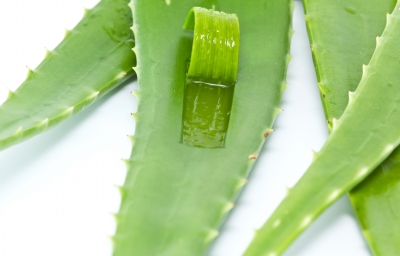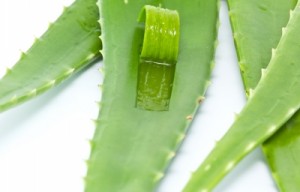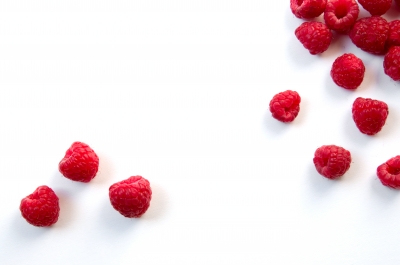Does Aloe Vera Help Acne?
Acne is problem millions of people worldwide struggle with on a daily basis. There are so many products available to treat acne that it’s tough to figure out which is the best for your individual needs. In addition, many of these products contain harsh chemicals that cause more harm than good. This issue leads some to ask does Aloe Vera help acne.
Aloe Vera has long been used to treat skin problems such as burns and abrasions, and doctors and scientists have been asked is Aloe Vera good for acne for decades. The following post aims to uncover the most relevant and up-to-date information regarding Aloe Vera and acne, and hopes to answer the question “does Aloe Vera help acne?”
Does Aloe Vera Help Acne: The Facts
 Does Aloe Vera help acne? The short and simple answer is yes, it does. By no means is it an end all, be all cure for acne, but it does help immensely with problems with acne. According to various studies, the symptoms of acne can be cleared up in as little as a week simply by using Aloe Vera. It can also fight future acne outbreaks. Much like with burns and other abrasions, Aloe Vera heals broken skin, making it the ultimate natural and safe product to use for combating acne issues.
Does Aloe Vera help acne? The short and simple answer is yes, it does. By no means is it an end all, be all cure for acne, but it does help immensely with problems with acne. According to various studies, the symptoms of acne can be cleared up in as little as a week simply by using Aloe Vera. It can also fight future acne outbreaks. Much like with burns and other abrasions, Aloe Vera heals broken skin, making it the ultimate natural and safe product to use for combating acne issues.
Does Aloe Vera Help Acne: Applying Aloe Vera
Does Aloe Vera help acne issues and how do you use it? The best way to treat acne using Aloe Vera is to purchase a gel or cream. It’s recommended to apply Aloe Vera gel to your face or other afflicted areas at night or prior to going to sleep. This way, the Aloe will penetrate the skin, heal it and prevent acne from spreading to other areas. Applying the gel before you go to sleep will also prevent you from touching or scratching the afflicted area, giving the skin a much better chance to heal and improve.
Does Aloe Vera Help Acne: Aloe Vera Products
There are a wide range of Aloe Vera products designed to help acne suffers. These products can range in price from the equivalent of the cost of lunch to the equivalent of an expensive Saturday night on the town. On the inexpensive end of the price scale, a simple herbal bar of soap containing Aloe Vera that is designed to treat and reduce acne can be purchased for just over $2.00. In fact, there is a wide array of soaps in both bar, liquid and gel form that are available for under $10.00.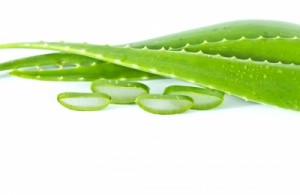
Conversely, there are top-end products available at a top-end cost. Some Aloe Vera acne kits, as well as gels and creams designed to treat acne scars cost just under $100.00. Bars of soap containing Aloe Vera and other natural ingredients cost just under $200.00. At the top of the scale is an Aloe Vera gel that is specifically created to treat acne scars. The price tag for the gel is just under $250.00.
Does Aloe Vera help acne? It does, and it’s a great, natural and inexpensive way to fight the problem.


 Aloe Vera juice has been shown to help those who are suffering with irritable bowel syndrome. Drinking the juice can help repair tissue that has been damaged by IBS. It can also stimulate the stomach, kidneys, gallbladder and liver, allowing all the digestive glands to work properly once again.
Aloe Vera juice has been shown to help those who are suffering with irritable bowel syndrome. Drinking the juice can help repair tissue that has been damaged by IBS. It can also stimulate the stomach, kidneys, gallbladder and liver, allowing all the digestive glands to work properly once again.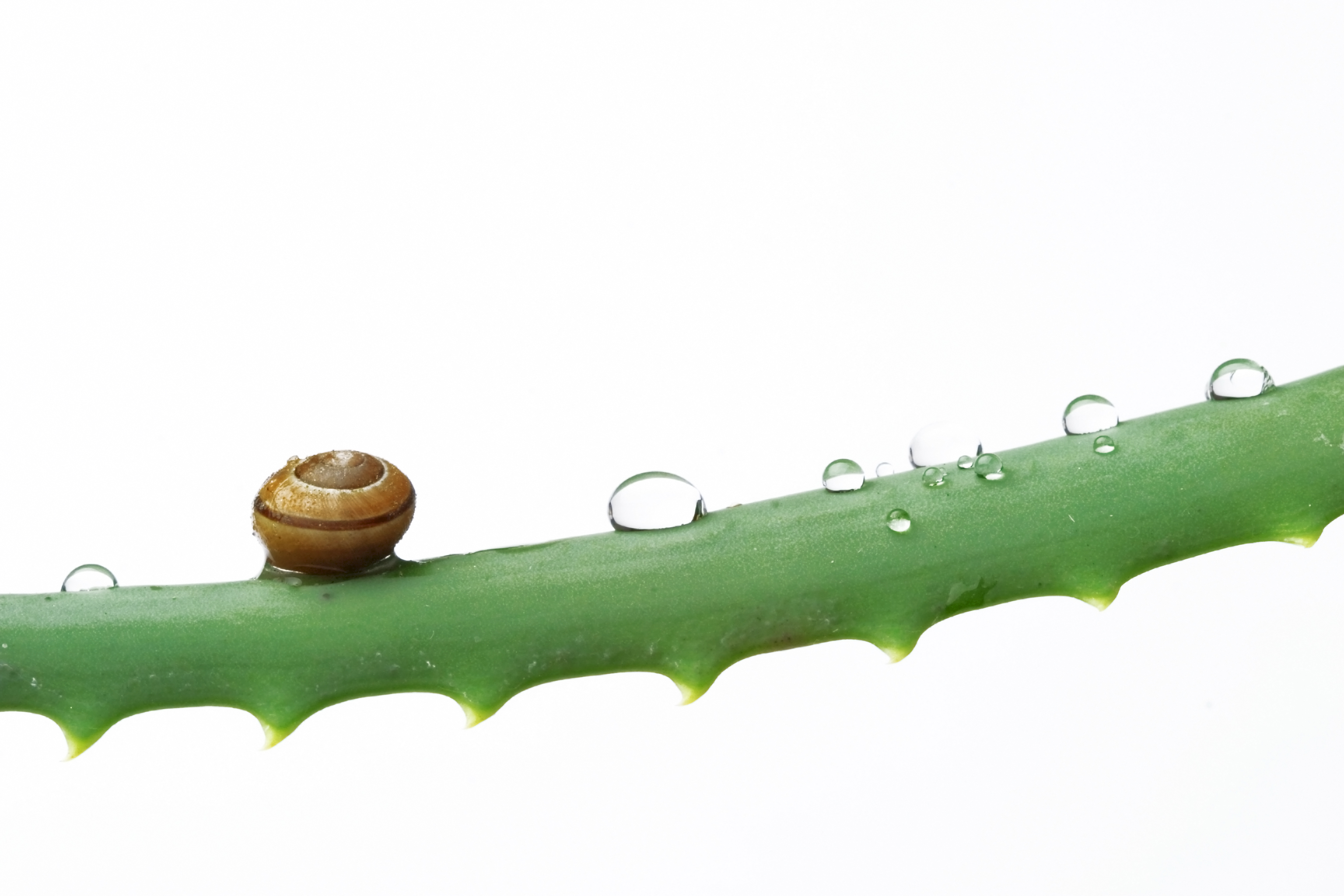
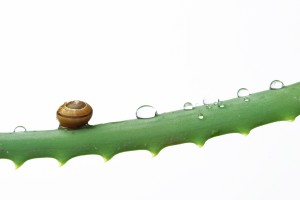

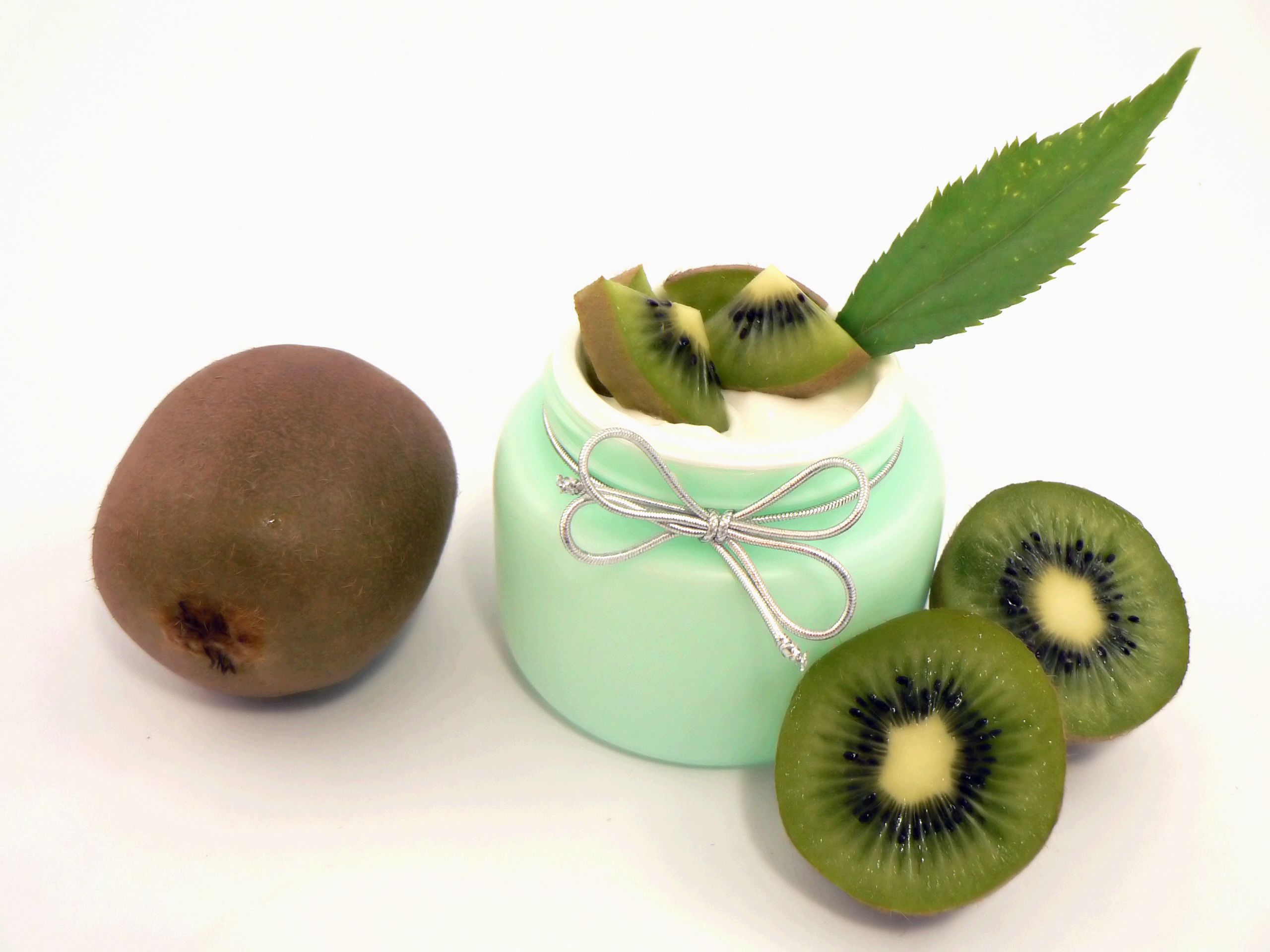
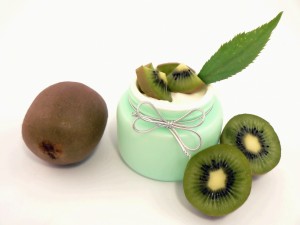


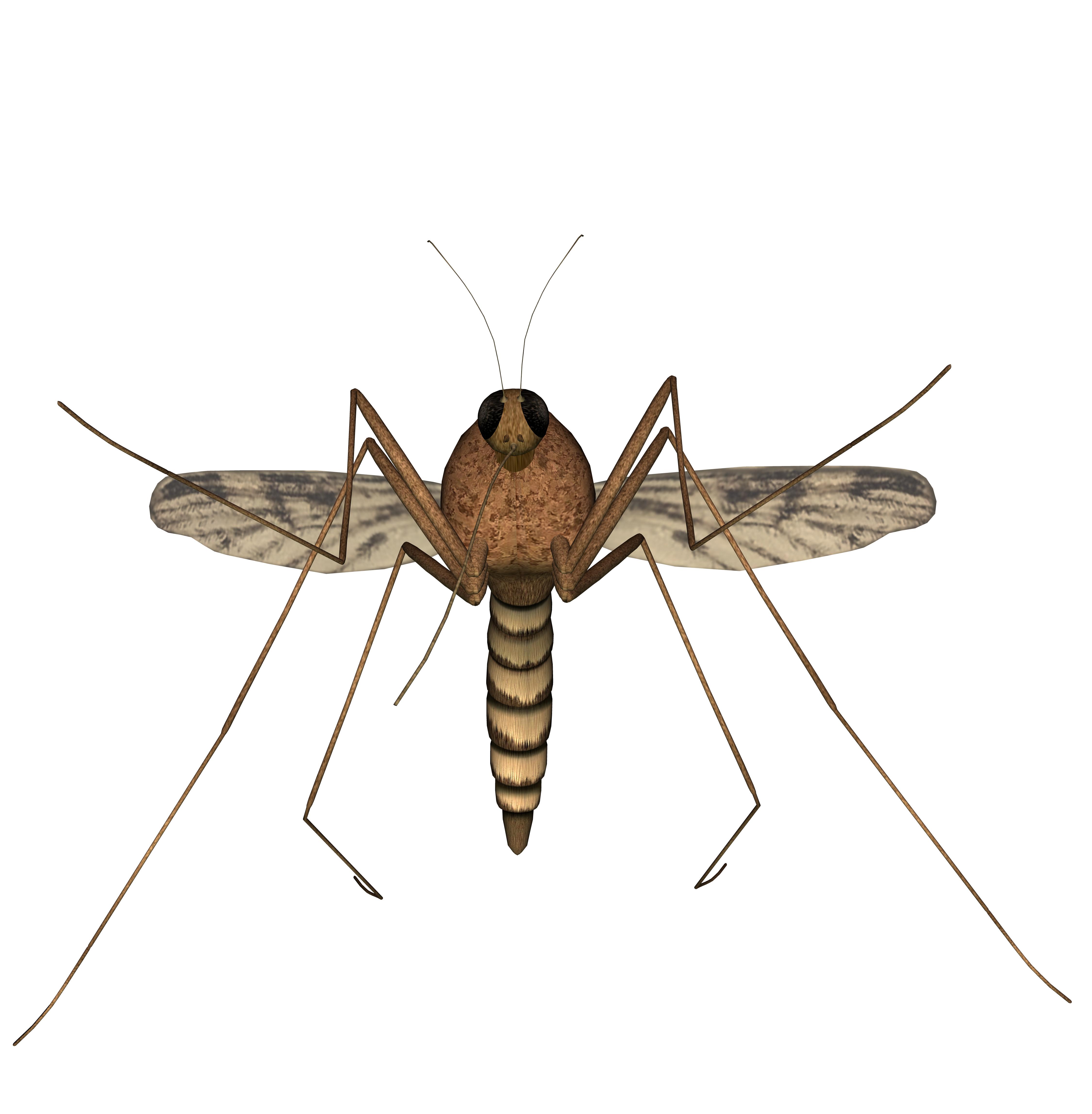
 o pierces her probing proboscis beneath your skin, allowing her a tiny window to suck your blood. The incessant scratching is caused by her saliva residue that sits on your skin, combining with various proteins to mix an itchy concoction. While there are a multitude of natural and store-bought remedies available to treat the bites, mosquito bites treated with aloe vera tend to ensure the most soothing, lasting relief. Here’s how to treat mosquito bites with aloe vera.
o pierces her probing proboscis beneath your skin, allowing her a tiny window to suck your blood. The incessant scratching is caused by her saliva residue that sits on your skin, combining with various proteins to mix an itchy concoction. While there are a multitude of natural and store-bought remedies available to treat the bites, mosquito bites treated with aloe vera tend to ensure the most soothing, lasting relief. Here’s how to treat mosquito bites with aloe vera.